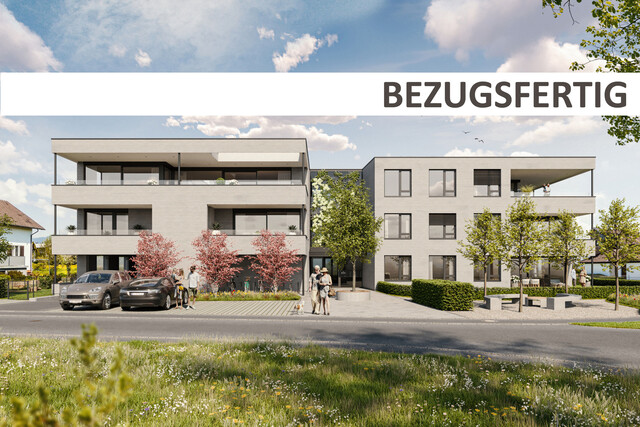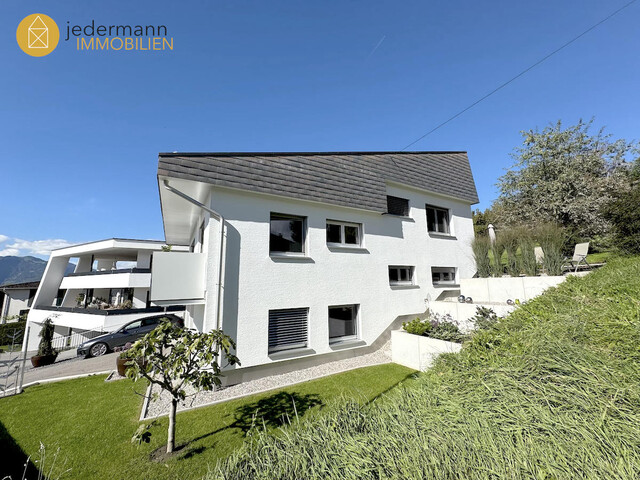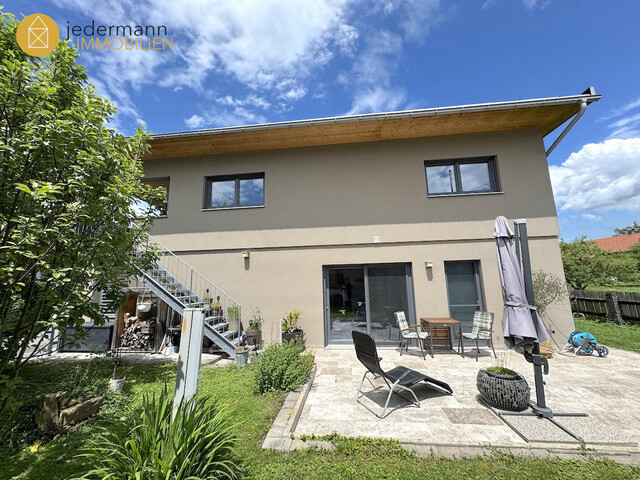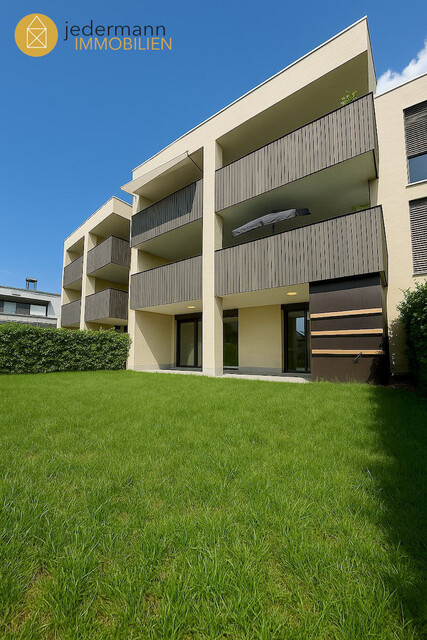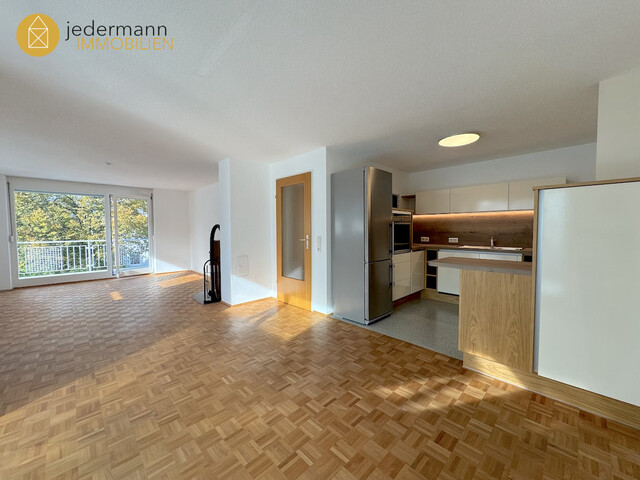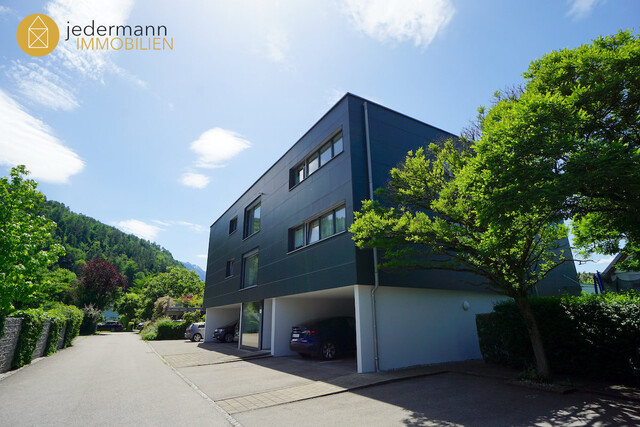New Primary School Teacher Training: More First-Year Students

In October, the new primary school teacher training begins at the Universities of Teacher Education (PH). The bachelor's degree now lasts only three instead of four years, while the master's degree is extended by one year to two years. At the same time, the training is intended to be more practice-oriented and the master's degree more compatible with working life. The number of new students is expected to increase by an eighth to over 2,100, it was announced at a press conference at the Ministry of Education on Monday.
Praise for PH
The aim of the reform was to make the training more practice-oriented and thus more attractive. This has been "excellently achieved" by the PH, emphasized Minister Christoph Wiederkehr (NEOS), who also described the redesign as a lever against the teacher shortage. A surge in graduates is already certain in three years, when two cohorts will graduate at once due to the shortening of the bachelor's degree.
According to Wiederkehr, the PH has succeeded in maintaining the essentials in the shortened bachelor's degree while still setting new priorities in the study plans - including offers that the ministry has made mandatory for the first time, such as inclusion, German as a second language, digitalization, democratic education, media education, violence prevention, and child protection.
"Intensive Practice Weeks"
New "intensive practice weeks" lasting four weeks at the same school, recommended for the fifth semester and thus towards the end of the bachelor's degree, are also intended to better prepare students for professional life. They should be accompanied by experienced practitioners and have enough time for reflection, emphasized Beatrix Karl, Rector of the PH Styria and Chairwoman of the PH Rectors' Conference.
Even outside of these intensive weeks, theory and practice in the training of future primary school teachers should be better integrated than before, according to Karl. The last reform of teacher training was over ten years ago. Classes today are much more heterogeneous, problems with the language of instruction have increased, as have exclusion and willingness to use violence, while talent promotion has become more important and working with parents has become more difficult due to the different expectations of guardians. "The new study plans are the answer to this new requirement profile," emphasized Karl.
For those who are already teaching in schools after their bachelor's degree, there is a new model with the profession-accompanying master's program. A closer collaboration between PH and educational directorates is intended to facilitate the combination of studies and teaching in the future.
Lateral Entry for Primary School Remains a Goal
Education Minister Wiederkehr's goal remains to enable lateral entry into primary schools in the future. Currently, this is only possible at the secondary level (middle schools, AHS, BMHS) if one has completed a related field of study and has suitable professional experience. In Vienna, a pilot project for primary schools will start with the new school year. This must first be evaluated, and a change in service law would also be needed for lateral entry into primary schools, Wiederkehr emphasized.
In addition, starting this Monday, the larger levers in the education sector are to be adjusted within the framework of the reform partnership. The first meeting on the education sub-area (alongside health, energy, and debureaucratization) with representatives from the Association of Cities and Municipalities and educational officials from the states took place in the afternoon. The goals included clear responsibilities, expansion of school autonomy, contemporary resource management, and promotion of innovative approaches in education and teaching. "I sensed a willingness among all present to be part of this reform and to work together on its implementation," Wiederkehr expressed optimism afterward, according to the ministry's press release.
According to this, Association of Municipalities President Johannes Pressl entered the negotiations with demands for a disentanglement of responsibilities and financial flows. In the school sector, he wants to relinquish responsibility for all assistant staff and, in return - with clear quality and financing rules - fully take on responsibility for kindergartens and childcare. For Association of Cities Secretary General Thomas Weninger, "school staff from a single source" would lead to more efficiency in administration. A sustainable financing and enough qualified personnel for the education sector are essential for him, he was quoted as saying.
"No taboos" should exist in budget consolidation either, Wiederkehr reiterated once more. If the government needs to make further adjustments here, pensions and salary agreements in the public sector must also be discussed. "It will be important to find a comprehensive package that will also help the economy in Austria to pick up again, to have more prosperity." This will also be a topic at the government retreat at the beginning of September.
(APA/Red)
This article has been automatically translated, read the original article here.
Du hast einen Hinweis für uns? Oder einen Insider-Tipp, was bei dir in der Gegend gerade passiert? Dann melde dich bei uns, damit wir darüber berichten können.
Wir gehen allen Hinweisen nach, die wir erhalten. Und damit wir schon einen Vorgeschmack und einen guten Überblick bekommen, freuen wir uns über Fotos, Videos oder Texte. Einfach das Formular unten ausfüllen und schon landet dein Tipp bei uns in der Redaktion.
Alternativ kannst du uns direkt über WhatsApp kontaktieren: Zum WhatsApp Chat
Herzlichen Dank für deine Zusendung.


